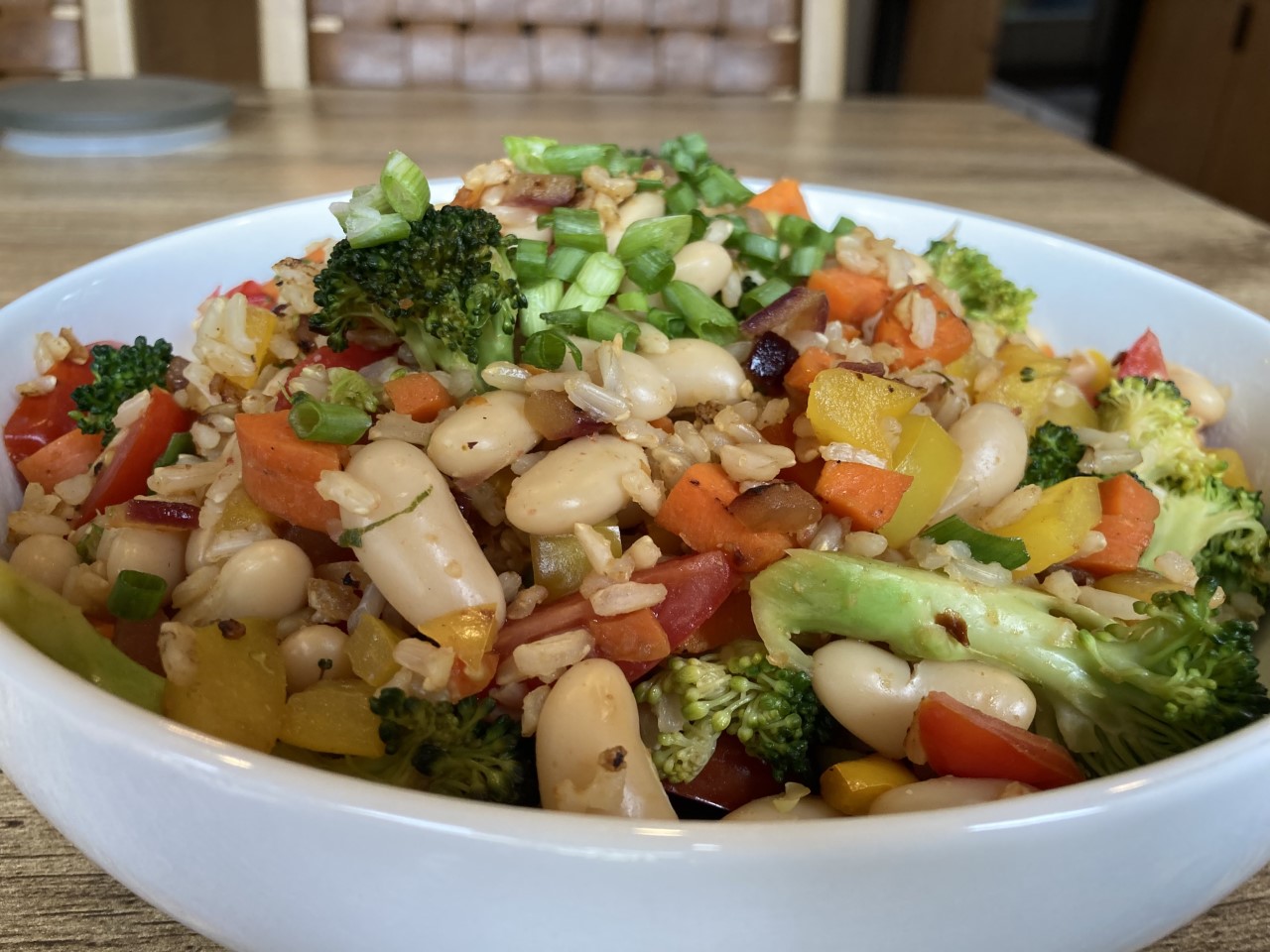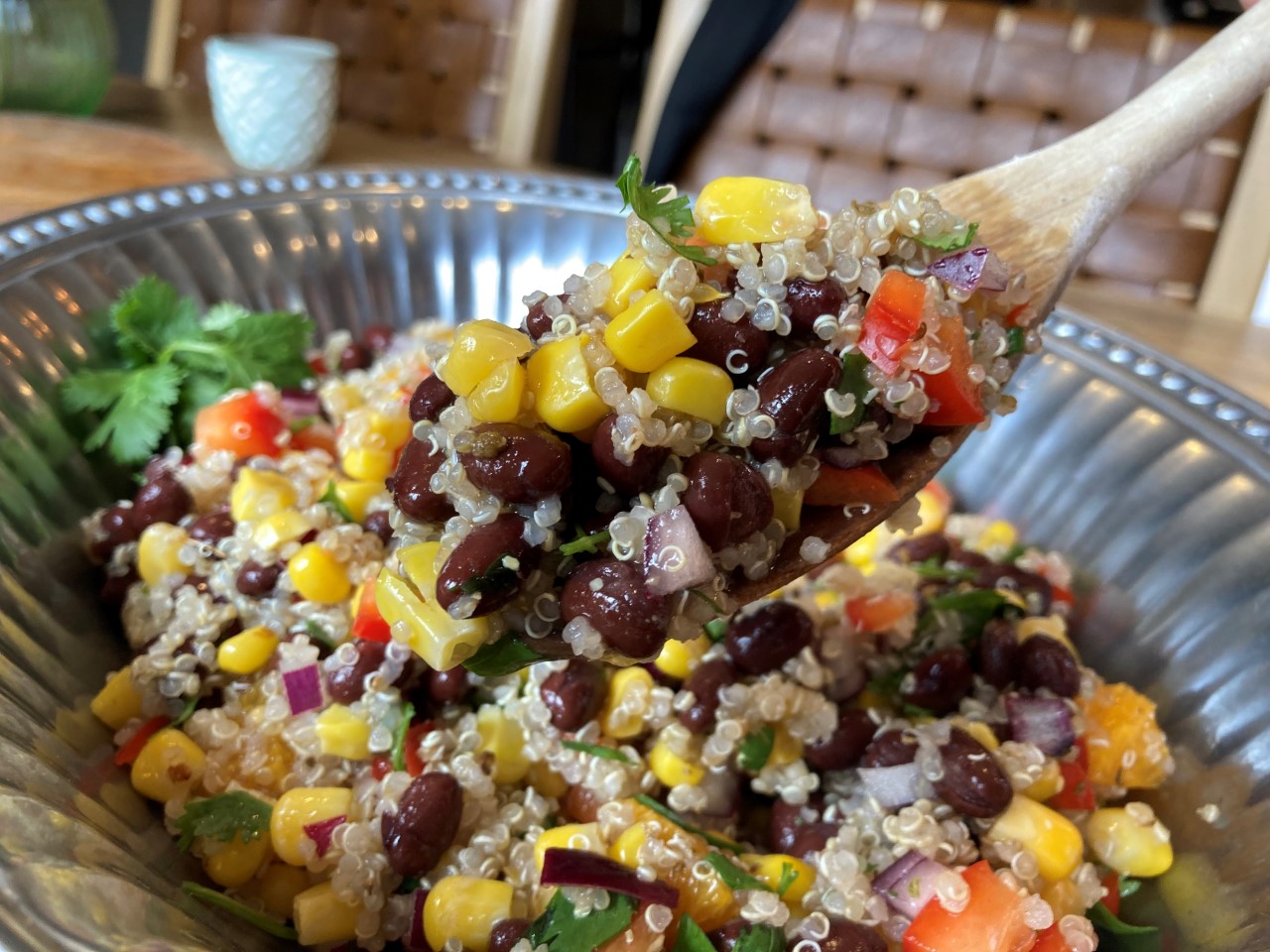Cardiac rehabilitation

Heart disease is the No. 1 cause of death for men and women the United States. However, many types of heart disease can be prevented by reducing and controlling risk factors. Spectrum Health’s preventive cardiology and cardiac rehabilitation teams offer a variety of services and programs to those with known cardiovascular disease or those at high risk of developing it.
The preventive cardiology team works with you to utilize a combination of lifestyle and medical strategies focused on reducing your risk factors for cardiovascular disease while improving your health and well-being. Our cardiac rehabilitation team works with those who have had a recent cardiovascular event or procedure. Spectrum Health partners with Pritikin* Intensive Cardiac Rehab (ICR) to target your specific diagnoses and develop a program that assists in lifestyle modifications, rehabilitation, and improved quality of life.
What is cardiac rehabilitation?
Cardiac rehabilitation is a medically supervised program that pairs exercise with education. This program is designed to provide you with the information, tools, and confidence to improve your cardiovascular health, physical function, and quality of life.
Is cardiac rehabilitation for me?
Anyone, 18 years and older with a qualifying diagnosis, can be referred by a physician and may benefit from a cardiac rehabilitation program. You may be eligible for cardiac rehabilitation if you have any of the following diagnoses:
- Stable angina
- History of heart attack
- Coronary intervention (angioplasty or stents)
- Coronary artery bypass surgery
- Heart valve surgery
- Heart failure LVAD/Pre-transplant
- Heart transplant
What are the benefits of cardiac rehabilitation?
Cardiac rehabilitation is one of the best things you can do to improve your heart health. Cardiac rehabilitation doesn’t change your past, but it can help to improve your heart’s future. Participating in a cardiac rehabilitation program can:
- Lower your risk of a future cardiac event
- Control heart failure symptoms
- Improve quality of life
- Improve cholesterol and blood sugar levels
- Reduce stress
- Improve depression/anxiety
- Help with better dietary habits, which may lead to weight loss
- Build strength and endurance needed to return to work
- Increase energy level
- Improve strength and ability needed to perform daily activities
When can I start the cardiac rehabilitation program?
Your physician will place a referral for the cardiac rehabilitation program prior to your discharge from the hospital or during a follow-up visit. You will then be contacted by a Spectrum Health staff member, and an orientation visit will be scheduled, approximately two to four weeks after you are discharged from the hospital.
What can I expect in a cardiac rehabilitation program?
Intensive Cardiac Rehab (ICR) empowers you with the tools and resources you need to make lasting lifestyle changes to support your cardiac recovery. Each ICR visit includes safe, supervised exercise and in-depth education through immersive workshops, in-depth videos, live cooking demonstrations, and individualized consultations.
During exercise, you can expect
- Individualized treatment plans
- EKG monitoring during supervised exercise sessions 2-3 times per week
- Goal setting and accountability
- Exercise guidance and reassurance
- Education on exercise equipment and resistance training
- Develop a home exercise plan using the equipment or your personal resources
During education, you can expect
In-depth videos, workshops, and cooking classes demonstrating the three pillars of the Pritikin program: regular exercise, a balanced eating plan, and a healthy mind-set. Educational encounters, workshops, and cooking classes are held 2-3 times per week.
Additional treatment programs
Contact Your Provider to Join
Both a primary care provider and a cardiologist can refer you to the cardiac rehabilitation program.


